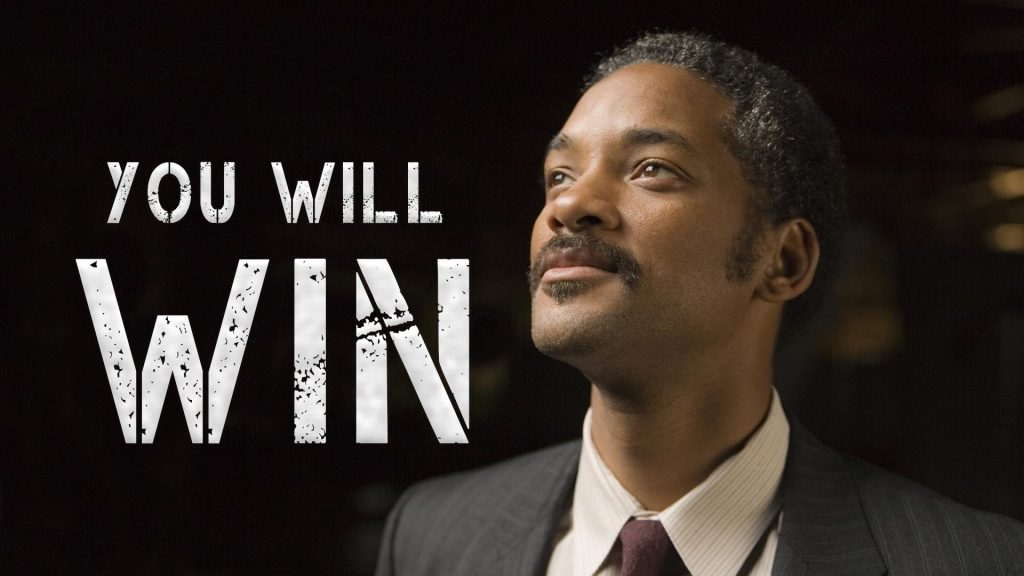
One of the most important factors that lead individuals or organizations to success in professional life is motivation. People who embrace their work life with high motivation not only reach a bright point in their own careers but also add equal value to the organizations they work for.
What motivates an employee the best? Many people would answer this question with "money." I can hear responses like personal development, career opportunities, social rights, and the desire for self-fulfillment. None of these are wrong, of course, but let's look for a scientific answer to this question.
Firstly, money is not the strongest or most effective source of motivation! In the early 1970s, psychologist Edward Deci conducted an experiment where he incentivized students with money to solve puzzles. After a while, it was observed that almost all the students became progressively less interested in the puzzles despite being paid. Meanwhile, Deci was personally present with another group of students who were not offered money. This group worked on the puzzles for a longer period and with more interest. Why? I guess they were excited. To speak more conceptually, they were motivated.
Edward Deci's study has revealed the strong and important difference between external motivation coming from external sources and internal motivation that comes from within.
How Can One Achieve Internal Motivation?
While acknowledging that internal motivation varies from person to person, it is also possible to formulate elements that increase motivation and put forward some thoughts. Many scientists have proposed theories about motivation, but Daniel Pink’s model has been my favorite.
In his book "Drive," Daniel Pink relates motivation to three elements: Autonomy, Mastery, and Purpose. Besides earning a reasonable salary for their work, he argues that this trio motivates people, enhances their interaction with their professions, and stimulates them to take action.
It sounds quite good; so let's delve into this model a bit.
Autonomy
The desire to chart one's own course is a natural inclination in people. Pink explains this with the creativity and life exploration skills exhibited by children playing games on their own. Even two children playing the same game in the same environment can be motivated differently, find completely different results, and thus achieve different conceptual learning and skills.
In this case, we can conclude that we are all shaped by internal motivations. Everything you have experienced so far has brought us to this point. Isn't what we see in the mirror or what we call our self a result of our experiences?
Deci and his colleague Richard Ryan continue to explore the nature of a concept called Autonomy Support (a motivation theory that takes into account people's psychological needs). Within this theory's framework, they believe that providing meaningful feedback to employees will facilitate their progress; correct information and encouragement on how to do their jobs will lead to higher job satisfaction and better performance.
According to Ryan, the organization and work environment in workplaces should allow people to have full control over their tasks. A person who knows what to work on, when, and how will have achieved the "autonomy" they seek in the depths of their subconscious.
Mastery
We want to be better at what we do. And we want it immediately! That's why learning a language or an instrument can be very frustrating at first. When we think we are not making any progress despite our efforts in any field, our interest in that task first weakens and then we tend to give up completely. Not only in our jobs, but the sense of progress related to our skills contributes to our internal motivation, while efforts leading to disappointments can eventually push us towards inaction. That's why employers need to analyze their employees correctly.
If you don't know the caliber of the bullet your weapon fires, you can't go to war.
If the task to be accomplished is overly challenging for your employee, it can cause anxiety and self-doubt. On the other hand, if tasks are too easy and monotonous, people quickly get bored and cannot be motivated. In some jobs, this monotony may not be important, but in those requiring creativity and business intelligence, it can create problems.
A good task can neither be called difficult nor easy. The real issue is not just giving tasks that perfectly match a person's skills. Assigning tasks that will support employees to reach a better level, reasonably challenging, and reinforcing a sense of satisfaction will motivate them to complete the task.
Purpose
People who have different purposes while working, other than earning money, and who believe they are fighting for something bigger than themselves, are the highest-level players in the motivation game. Parallel to this thought, Pink suggests that to reach the deepest motivation related to a job, we need to place it above our personal goals.
"Purpose is what gets you out of bed in the morning without grumbling and keeps you going. A strong purpose cannot contain any falseness."
Rosabeth Moss Kanter, a Professor at Harvard Business School, formulated her own favorite trio parallel to Pink's theory. Professor Kanter argues that Mastery, Membership, and Meaning strongly motivate employees to go further and engage more with their work.
Russell Benaroya, founder and CEO of the EveryMove initiative, is also among those who believe in this approach when shaping his business idea. He used the following words when describing his venture:
"The American public is terribly in the grip of obesity. Regardless of gender, income level, and social tendencies, people are increasingly eating and living worse."
"We emerged as a strong voice to convince people of the importance of having a healthy lifestyle. Our team woke up for this in the morning, faced challenges for this. Because they believed in a purpose bigger than themselves and even EveryMove."
Another important benefit of believing in a purpose is making high performance and work motivation durable and sustainable. Almost every company can go through tough times. In such a competitive and stressful environment, everything cannot be expected to be rosy. Can you stay afloat as a company despite the shakes, crises, and blows?
"A real and strong purpose makes crises less exhausting and less wearing for the team."
So What Can Employers Do?
Formula: Help employees connect to something bigger than themselves. Stop evaluating them with numbers. First, develop your observation skills and try to look at things from different angles.
Get to know them, try to understand them (as much as possible). Know where they live, what they like, if their mother is sick, know it, know the name of their dog... It sounds ridiculous, but it's true! Your job is to know everything and to manage your team by synthesizing all this information.
Also, stop measuring people's performance with numbers as soon as possible. Get closer, try to measure the value they add to your company. As you get closer, you can be sure to find many things you haven't noticed before. This will lead you to a more accurate conclusion.
If you examine the example, showing patient photos to radiologists who have direct contact with patients has increased their performance and work motivation. How do you think this motivation has affected the lives of patients? Can you measure this with a number? Sorry, weren't you getting paid to take care of patients in the best possible way? And there was the Hippocratic Oath?
Why Is the Motivation Trio So Valuable?
According to Pink, the old-fashioned reward-punishment model is no longer valid. Many research findings and insights that inspired managers in the past have melted away in the face of changing life profiles. Relying on them is nothing but folly and arrogance!
Conclusion
It is no longer possible to achieve an efficient, high-quality organization that produces permanent solutions to problems with old and outdated methods. Therefore, to have a more productive and effective, as well as happier and more motivated team, you can benefit from the wonderful trio of motivation: Autonomy, Mastery, and Purpose!
“Writing is seeing the future.” Paul Valéry


